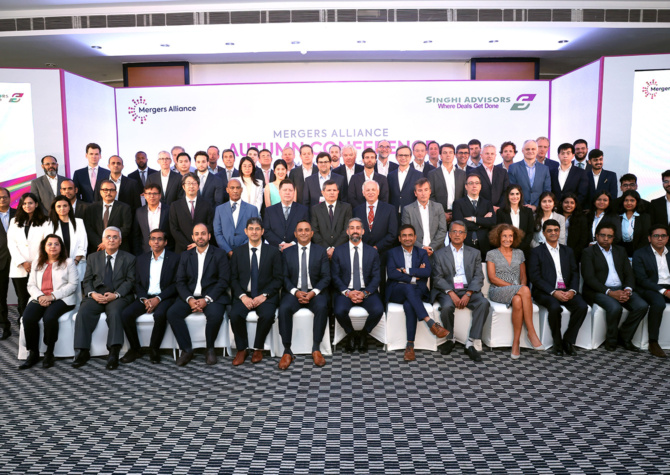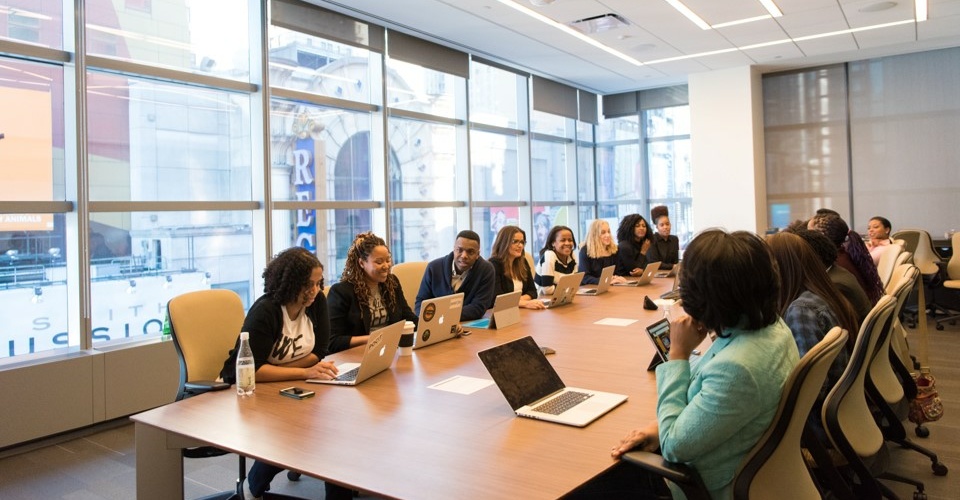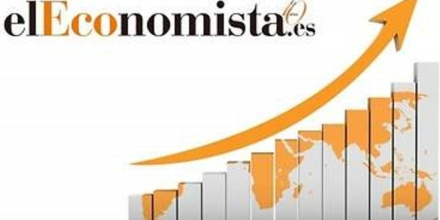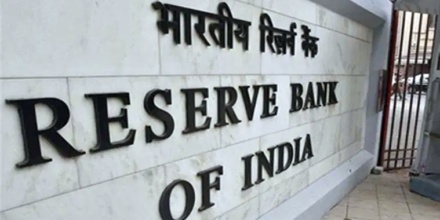Opinion piece by Mahesh Singhi, Founder and MD at Singhi Advisors
Investors will need to maintain a healthy mix of risk and resilience, re-evaluate their business strategies, and maintain a value-creation mindset.
A report by Refinitiv, formerly the Financial & Risk Business of Thomson Reuters, M&A activities in India remained considerably subdued in India in H1, 2020. The covid-19 pandemic not only sent shockwaves across global economies but also has undoubtedly caused large-scale dislocations to the Indian economy. An extended covid-9 induced lockdown resulted in the loss of productivity and revenue across varied industries.
Nonetheless, this lockdown has helped many companies to look inwards, clean up their acts, liquidate non-moving / locked up inventories, and achieve a better working capital cycle. As the Indian economy traverses the arduous path to recovery from the covid-19 induced downturn, it is anticipated that a sudden demand surge will create the need for additional capacities and with that the M&A activity in the country is likely to witness a resurgence, creating strategic investment and wealth-creation opportunities for potential investors and business owners.
With a view to propelling the Indian economy on a higher growth trajectory, the central government has also announced several incentive schemes. The initiatives aimed at boosting the manufacturing competencies of local industries, making India an export-oriented economy by reducing India’s dependence on imports generating large-scale employment.
With measures like a lower corporate tax regime with an effective rate of 17.16% for the manufacturing sector and production-linked incentive (PLI) schemes like the Scheme for Promotion of Manufacturing of Electronic Components and Semiconductors (SPECS). These measures are expected to increase resilience in the domestic supply chain and create a favorable climate for global manufacturers to expand their operational presence in the country, expediting the pace of deal-making activity in the sector.
The outbreak of the covid-19 pandemic on an unprecedented scale exposed the fragilities of global supply chains and laid bare the risks of centralizing manufacturing bases in concentrated locations like China. Realizing the importance of de-risking their supply chains and decentralizing their manufacturing activities, several big-ticket global players are eyeing India as an alternative location to set up their base. The Ministry of Economy, Trade and Industry (METI) of Japan has announced a special subsidy program for Japanese companies wanting to shift their manufacturing bases from China to ASEAN countries.
The Ministry has listed India and Bangladesh as preferred relocation destinations for companies wanting to set up their manufacturing units. It is likely that this will spark a wave of inbound M&A transactions in the country as global manufacturing majors seek joint venture partnerships with local manufacturers and seek to expand their market presence in the country. The anticipated influx of global companies into India presents a unique opportunity for the country to position itself as a global manufacturing and industrial hub.
The extended lockdown on commercial and non-essential activities proved to be the proverbial nail in the coffin for several businesses. Faced with severe liquidity constraints, lack of consumer demand, and with no access to easy working credit, several businesses had to grapple with huge losses with some forced to close operations completely. With market conditions and consumer sentiments yet to normalize completely, the future continues to remain uncertain for small to medium businesses many of whom have borne a major brunt of the pandemic.
The prevailing economic uncertainties have lowered their perceived economic valuations and many of these companies will soon face financial distress once the support available from lenders, in terms of interest moratorium and COVID package is withdrawn, increasing the supply of targets on the deal street.
Given the current business climate, promoters of such companies may explore the option of exiting their business, induct strategic partner to achieve better scale, and deleveraging or raising funds through a partial sale of their stake. The ownership and management control in many such companies will change. Many large business houses will also shed their underperforming or non-core assets in favour of mid market players in order to focus on their core businesses, unlock their management time, and enhance return on capital employed. These market conditions are conducive for pursuing need-based acquisitions while the changing economic cycle will lead to an uptick in distressed M&A transactions in the economy.
It has been demonstrated historically that businesses that capitalize on M&A opportunities in the early phases of economic downturns tend to outperform and witness a comparatively higher rate of returns than those who prefer to wait. Investors will need to maintain a healthy mix of risk and resilience, re-evaluate their business strategies, and maintain a value-creation mindset by taking calculated bets while exploring potential M&A opportunities.
















